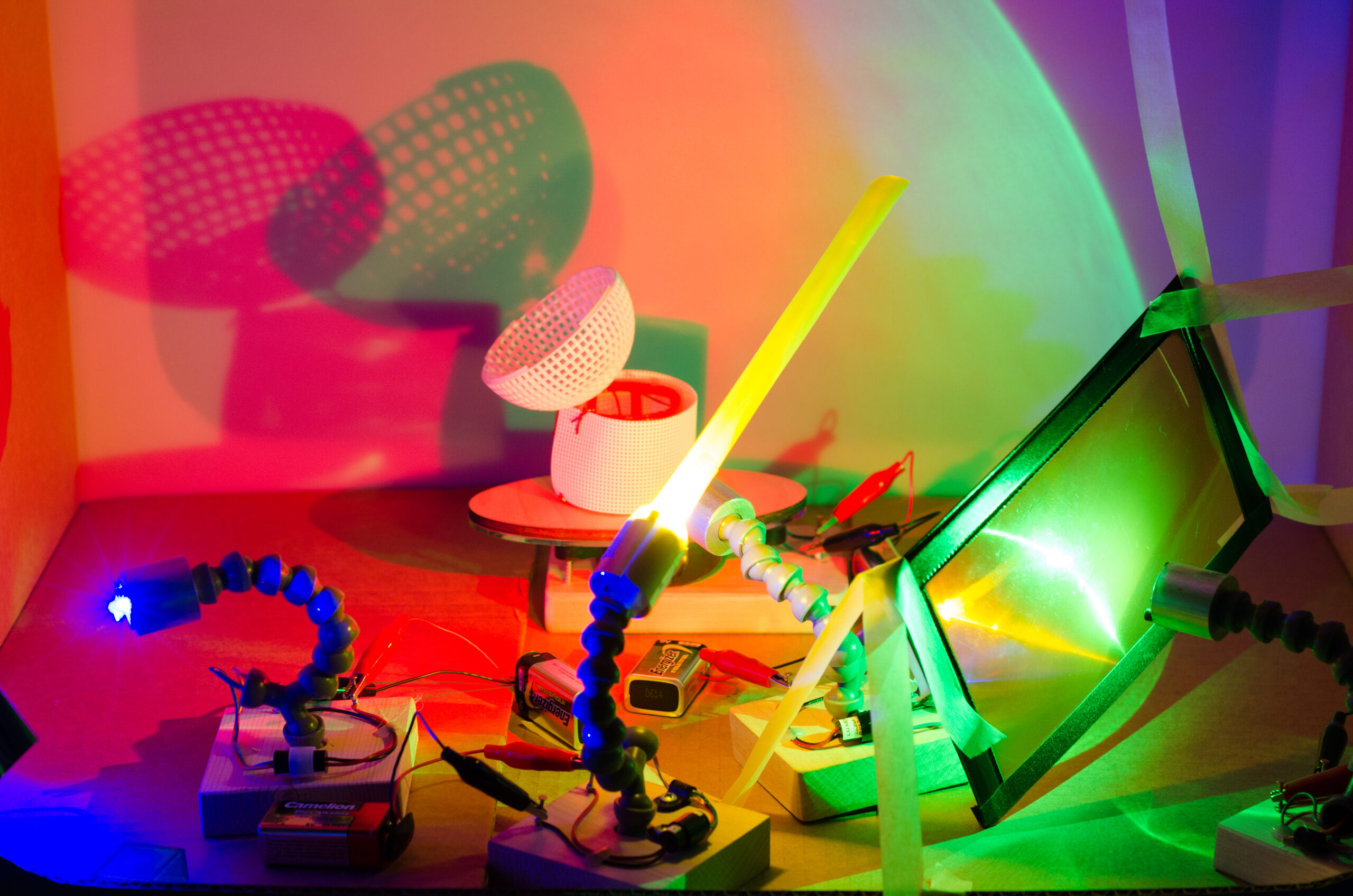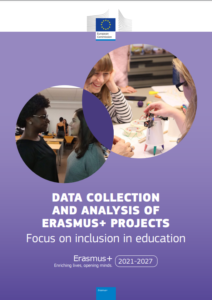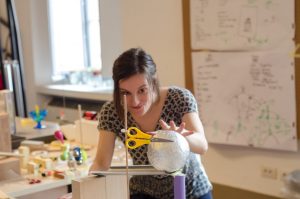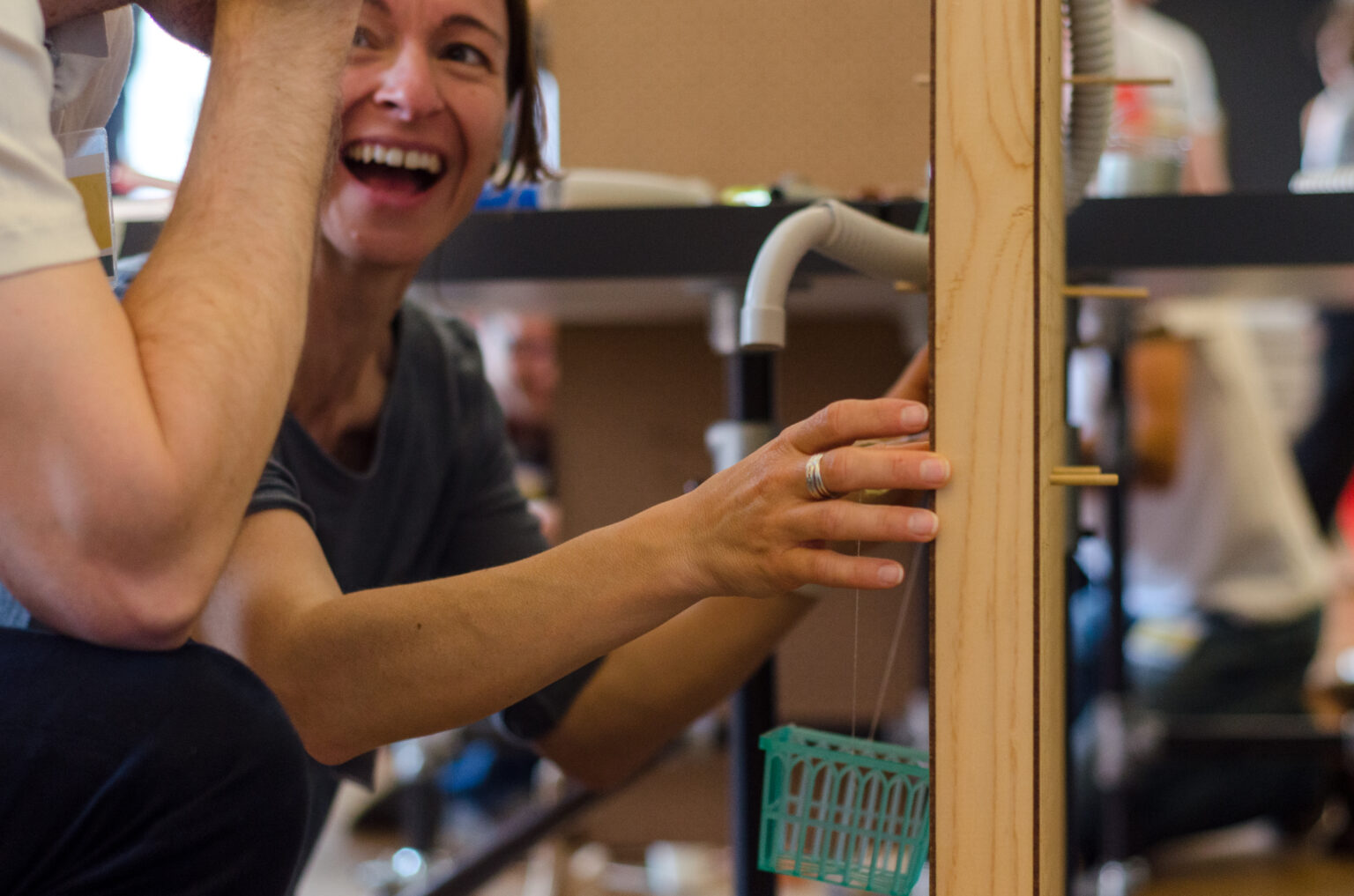indireinforma

A new study by the European Commission, Data collection and analysis of Erasmus+ projects – Publications Office of the EU (europa.eu), conducted in 2021 and dedicated to Erasmus+ projects (20214-2020), focused on promoting educational inclusion, is available online. The reference sample is made up of 120 European good practices, selected from thousands of Erasmus+ projects, for the key actions KA1 and KA2, relating to the reference sectors: school, university, vocational training, adult education, and young people.
 The research also includes 15 case studies, success stories that represent learning approaches and methodologies useful for development and support for European policies for social inclusion. The selection was based on various criteria, including the reference sectors, the thematic areas (learning environments, the teaching methodologies of teachers in dealing with educational disadvantages, school governance and leadership, the active involvement of parents and families in school life, involvement of the local community) and, in particular, the potential impact of the Erasmus+ programme regarding promoting inclusion in education.
The research also includes 15 case studies, success stories that represent learning approaches and methodologies useful for development and support for European policies for social inclusion. The selection was based on various criteria, including the reference sectors, the thematic areas (learning environments, the teaching methodologies of teachers in dealing with educational disadvantages, school governance and leadership, the active involvement of parents and families in school life, involvement of the local community) and, in particular, the potential impact of the Erasmus+ programme regarding promoting inclusion in education.
In the section of the volume dedicated to case studies (Annex B) we find an Italian project, the strategic partnership KA2 Tinkering EU: building science capital for all, (2017-2020), coordinated by the Leonardo da Vinci National Science and Technology Museum in Milan. The project develops a series of activities for schools and involves teachers and students through the “tinkering” approach, a useful and practical method to bring girls and boys closer to the study of STEM subjects.
 Among the main results we find training for teachers and trainers, self-assessment tools to assess the impact. A methodology that has also proved effective in adult education as it facilitates the development of problem solving and helps to enhance logical thinking, an approach that encourages collaboration. Science capital offers a different way of looking at science education and can be a powerful tool for developing active citizenship and social inclusion.
Among the main results we find training for teachers and trainers, self-assessment tools to assess the impact. A methodology that has also proved effective in adult education as it facilitates the development of problem solving and helps to enhance logical thinking, an approach that encourages collaboration. Science capital offers a different way of looking at science education and can be a powerful tool for developing active citizenship and social inclusion.
Maria Xanthoudaki, referent of the strategic partnership comments on the European recognition: “Tinkering EU: Building Science Capital for All was a strategic project for the Leonardo da Vinci National Science and Technology Museum. Not only it has made possible to continue the path, begun in 2001, of transnational collaborations with institutions of excellence at European level thanks to EU programmes (from Socrates to Erasmus+), but also contributed to create a close link between the theme of inclusion and the Tinkering approach to encourage and enhance inclusive learning in the STEM field. Furthermore, the project has given rise to successive transnational collaborations which are still active – with the first project “Tinkering EU3: Addressing the adults” which focuses specifically on the socio-educational and personal growth of adults from disadvantaged backgrounds – aimed at spreading the Tinkering method at a European level as a tool to enrich key skills and increase the scientific capital for all the people.”

The projects carried out as part of Erasmus+ by the Leonardo da Vinci National Museum of Science and Technology in Milan for school and adult education were also the focus of an episode of the “Coffee with Erasmus”. Maria Xanthoudaki, contact person of the Tinkering EU strategic partnership, intervened during the Facebook live stream “Tinkering: thinking with your hands” by the Indire’s Erasmus+ Agency.
To know more
The official page of the Publications Office of the European Union
The Tinkering EU project: Building Science Capital for All
The horizontal thematic priority Inclusion and Diversity in the Erasmus+ Programme

